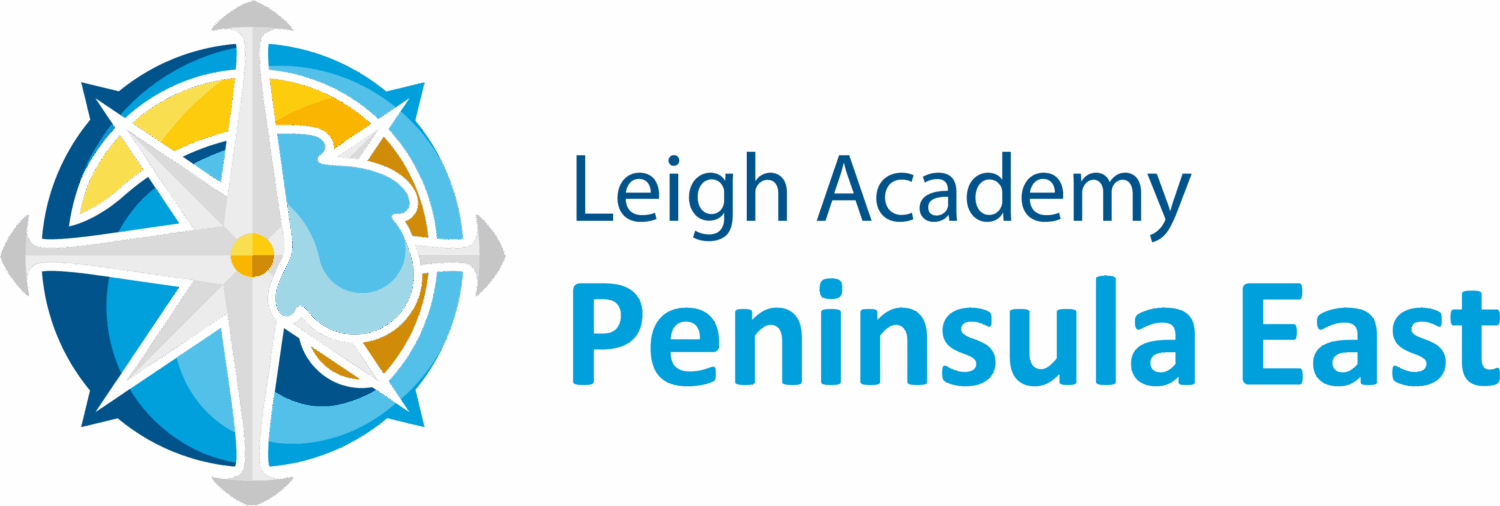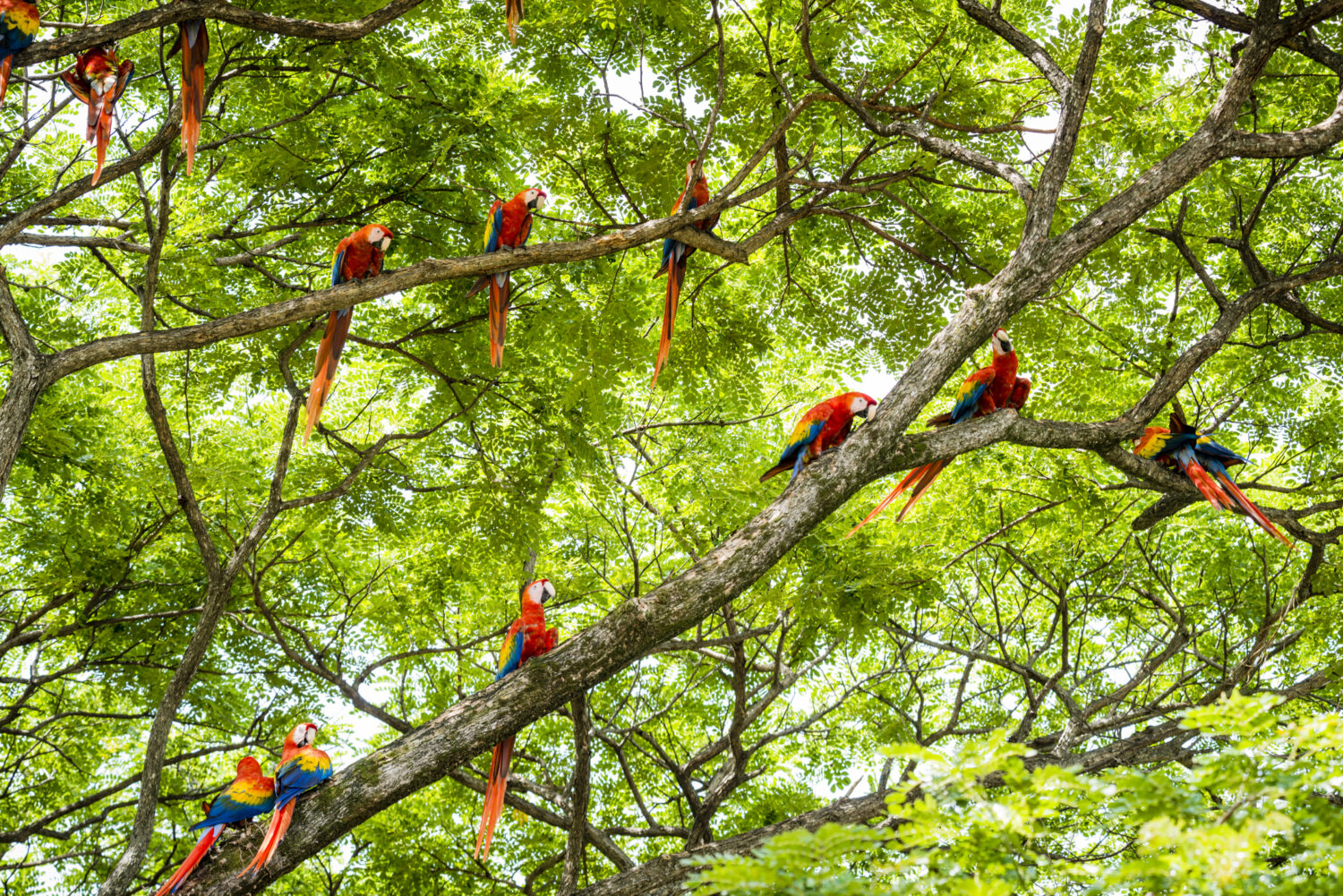Sir David Attenborough is a British naturalist and television personality, world-famous for writing, presenting and producing award-winning wildlife documentaries. A great communicator, educator and campaigner, his distinctive voice has brought the world of wildlife into our homes for more than 60 years, captivating generations across the globe.
David is also a passionate environmental campaigner and for many years has warned us of the fragile nature of our planet. Over the years he has addressed issues such as global warming, population growth and endangered species. His work on Blue Planet II also alerted the world to the devastating effect that plastic was having on marine life.
David has won numerous awards, including a CBE (1974), a BAFTA lifetime achievement award (1980), a Royal Society fellowship (1983), a knighthood (1985), Order of Merit (2002), and over 30 honorary degrees from British universities. At least 11 plants and animals have also been named after him, such as Nepenthes attenboroughii – a giant carnivorous plant discovered in 2009 (nicknamed ‘rat-eater’ because it attracts animals with its sweet nectar!)
Despite his age, David continues to dedicate his life to the celebration and protection of our planet, and to inspire generations to maintain the beauty and balance of our natural world.
Transdisciplinary Themes
During the year we will cover the following transdisciplinary themes:
- Who we are
- Where we are in place and time
- How we express ourselves
- Sharing the planet
- How we organise ourselves
- How the world works
When following these themes, we will have a central idea and some key concepts which our inquiry will be based around.
Homework
Homework is set every Friday and will mirror activities that we are learning in the classroom. Children will be asked to complete a short arithmetic task, a reading comprehension, Times Tables and Spelling practice (using the TTRS and Spelling Shed websites) and this needs to be handed in by the following Thursday. Knowledge Organisers will be available on the website every term too so you will be able to see what we are covering in all areas of learning, in case you wish to complete additional learning at home.
During half terms, Year 6 children will also bring some work home to help them prepare for their end of Key Stage Two SATs tests. This work will consist of arithmetic, grammar and reading practice.
PE
PE for our class is on a Tuesday and Friday. Children are asked to come into school wearing their PE kit on these days please.
Times tables, Spelling and Reading
All children have a login to Times Tables Rock Stars and Spelling Shed which they can access in class and at home.
Children are encouraged to independently change their own books so that they regularly have access to an engaging text. They read with an adult as often as possible to ensure that the book band that they read from is appropriate and supports their progress and reading skills. We ask that when children read, it is recorded in their reading record and signed by an adult.
Knowledge Organisers
- Transdisciplinary Theme: Who We Are
- Central Idea: Beliefs and values can influence how we live our lives
- Core Text: Pig Heart Boy
- Line of Inquiry 1: An ancient civilisation (Form)
- Line of Inquiry 2: How beliefs have informed medical development (Causation)
- Line of Inquiry 3: Modern belief and knowledge regarding medicine (Perspective)
- Related Concepts: Behaviour, Belonging, Citizenship
- Engagement Goal: Good Health and Well-being
Geography:
- Students will be able to locate where Maya was (eg Mexico) on both a globe and in an atlas, recognising its position in relation to other countries (UK).
- Students will be able to identify and discuss examples of continuity and change in Mexico’s geography and human activity (e.g. ancient Maya settlements compared to modern cities), and explain causes and effects, such as how the climate change and landforms.
History:
- Students will be able to explain who the Ancient Maya were, describe key aspects of their daily life, beliefs, and achievements, and make connections between Maya civilisation and how it compares to life today.
English:
- Diary entry
- Narrative
- Persuasive letter
Art/DT:
The Vitruvian Man – by Leonardo da Vinci
Maths:
- Place Value
- Addition, Subtraction, Multiplication
PSHE:
- Relationships
Science:
-
Animals including humans (parts one and three – circulatory system)
RE:
- What do religions say to us when life gets hard? (Christians, Hindus and non-religious.)
PE:
- Dodgeball and carnival (dance)
Spanish:
- Useful phrases
Music:
- Hey Mr Miller
Computing:
- Computing systems and networks – Communication and collaboration



